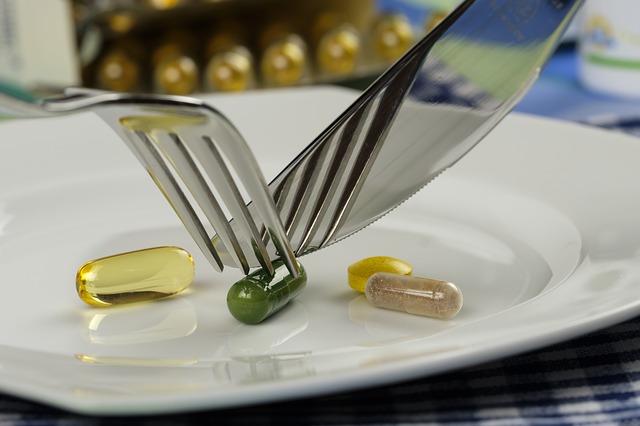
–Some medication, while necessary, can cause dry mouth, canker sores and a variety of other problems in the mouth. San Luis Obispo dentist, Dr. Douglas Ng, wants the public to be aware of these issues and of ways to help reduce the problems.
How medication affects oral health
Medication serves a purpose for healthy living. Prescription drugs help combat infection, keep hearts beating regularly, help control insulin for diabetics, reduce pain and serve many other purposes. Some of the side-effects that affect oral health include:
- Dry mouth
- Oral sores and inflammation
- Altered taste
Dr. Douglas Ng, family dentist in San Luis Obispo, said, “It is important for people taking prescription medication to tell their dentist what they are taking and to make an appointment when anything in the mouth changes.” There are remedies to help counter the four conditions mentioned above.
Dry mouth
Dry mouth not only leads to bad breath but is also a common contributor to tooth decay. Many different prescriptions and over the counter medications such as antihistamines, painkillers, and muscle relaxants all list dry mouth as a common side effect.
Drink plenty of water to hydrate the entire body as well as the mouth. Frequent rinsing the mouth with fresh water can also help moisten teeth, gums, the tongue and other tissue in the mouth. Avoiding sugary, bubbly drinks and cutting back on caffeine can also help.
Oral sores and inflammation
Very common side-effects of some medications are oral sores (commonly called canker sores) and inflammation. Untreated, both of these conditions can contribute to gum disease. Medications that can cause these side effects include blood pressure medication, oral contraceptives and chemotherapeutic drugs.
Sores and inflammation in the mouth might require some adjustments to brushing and flossing practices. Dr. Ng, the family dentist in San Luis Obispo said it is important to see a dentist at the first sign of sores or tenderness in the mouth.
Altered taste
Medications such as central nervous system stimulants, anti-inflammatory drugs and respirator inhalants can cause a metallic or odd taste to linger. Sometimes, the sense of taste seems to disappear. Some prescription mouthwashes can affect taste, but the symptoms will dissipate over time as long as the mouthwash is used correctly.
A bad taste, or lack of taste, might cause people to eat more sugar, more spicy food, or to avoid certain foods that amplify the bad taste. The result of dietary changes can be a diet that is not conducive to overall good health.
It is important to see your dentist as soon as any of these symptoms just described appear. Even if there are no symptoms, be sure to give your dentist a list of all prescriptions and over-the-counter remedies you are taking, including herbal supplements.
Dr. Ng recommends an examination, or minimally a consultation, as soon as someone starts experiencing dry mouth, notices sores, swollen or discolored tissue in the mouth, or starts experiencing a lingering bad taste. Dr. Ng has been practicing family dentistry since 2008 and has the experience and knowledge to help remedy these symptoms. He is dedicated to providing the best and most advanced dental care available. Call today for your appointment.
Douglas Ng, DDS
862 Meinecke Ave #203
San Luis Obispo, CA 93405
(805) 544-1246
Press release by San Luis Obispo SEO company Access Publishing, 806 9th Street, #2D, Paso Robles, CA 93446. (805) 226-9890.